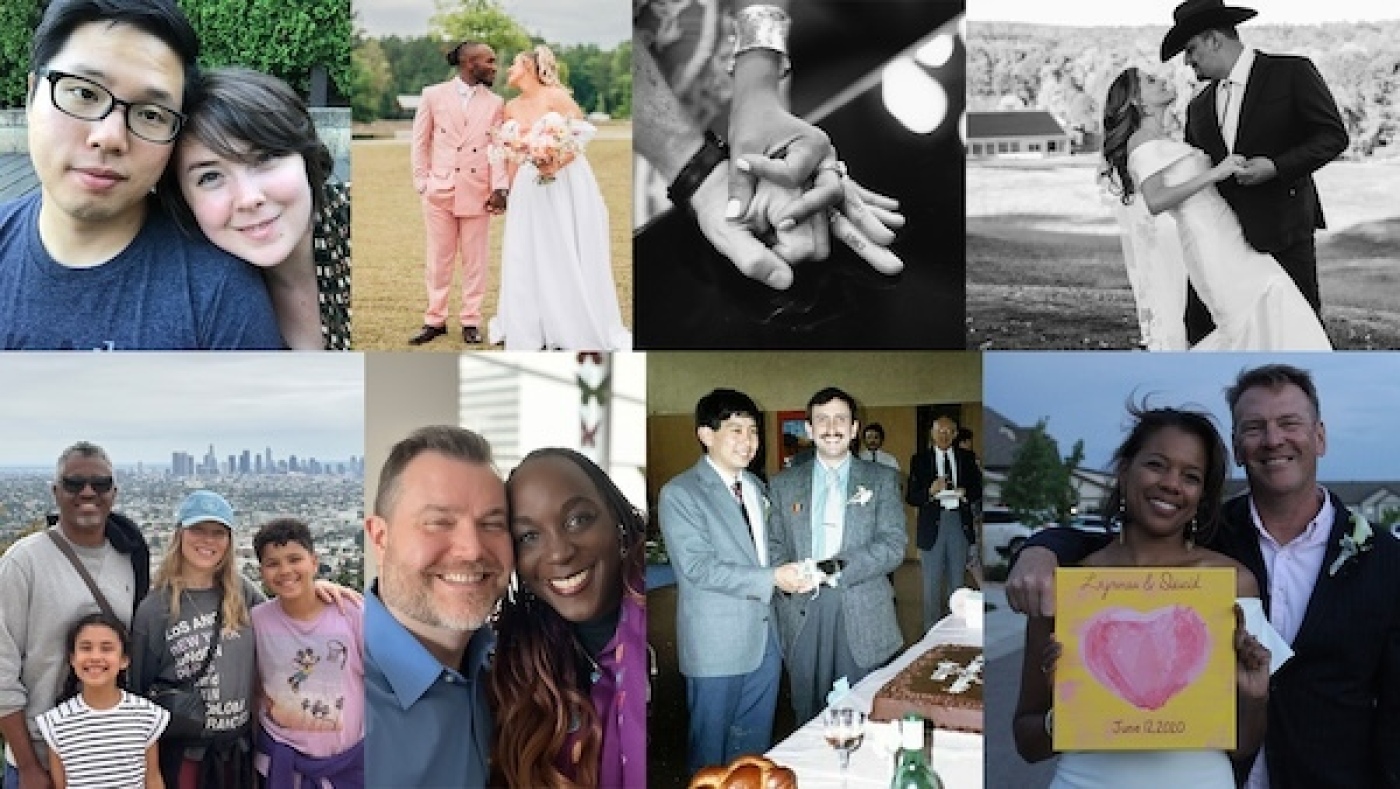The Impact of Loving Day: Celebrating Love’s Triumph and Enduring Struggles
Loving Day, observed annually on June 12th, is far more than a commemorative date—it represents a profound chapter in American history where love directly challenged and overturned institutionalized racism. Rooted in the 1967 Supreme Court decision in *Loving v. Virginia*, this day marks the invalidation of laws prohibiting interracial marriage, symbolizing the relentless pursuit of equality and personal freedom. Yet, beyond legal milestones, Loving Day serves as a beacon highlighting the lived experiences, ongoing challenges, and stirring resilience of interracial couples across the United States.
The Landmark Legal Victory That Changed America
The saga of Richard and Mildred Loving began with a simple yet radical act in 1958: their marriage defied the entrenched anti-miscegenation laws of Virginia. Their arrest and subsequent legal battle culminated in the Supreme Court declaring state bans on interracial marriage unconstitutional. This landmark ruling was pivotal because it struck down a fundamental pillar of racial segregation, affirming the right of individuals to marry regardless of race.
This decision was not merely a legal correction but a profound assertion of individual rights over archaic social norms. It dismantled a crucial part of institutionalized racism embedded in American laws, freeing countless couples from the shadow of criminal prosecution. It also set a precedent reinforcing that equality under the law is an inviolable principle, echoing through various realms of civil rights advancements.
Personal Narratives: Embracing Love Beyond Societal Constraints
The personal stories shared by readers on platforms like NPR provide a rich, emotional tapestry reflecting what Loving Day embodies today. These accounts range from joyful celebrations of love that transcended barriers to the stark reality of facing persistent discrimination and prejudice. The phrase “love without reservation” frequently emerges from these stories, illustrating not just legal permission but an emotional liberation previously denied.
Interracial couples often recount the duality of their experience: while the law now protects their right to marry, societal acceptance can lag. Family disapproval, community biases, and racial stereotypes still cast shadows on their relationships. Yet, these narratives also radiate resilience. Love serves as a source of strength and defiance, transforming individual acts of unity into a broader dialogue about race, identity, and acceptance.
These reflections underscore how Loving Day is not just about legal victories but an ongoing journey confronting personal and collective challenges—a celebration of enduring human bonds that challenge social conventions.
A Platform for Racial Justice and Cultural Celebration
Over time, Loving Day has grown into a dynamic platform that extends past remembrance into active advocacy. Social media campaigns energize conversations around interracial love, amplifying stories that inspire and educate. These modern expressions not only celebrate the diversity of relationships but also spotlight the persistent work needed to combat discrimination.
Community events, storytelling circles, and educational efforts center the experiences of interracial couples, reinforcing that love’s impact extends beyond private spheres into shaping public consciousness. These gatherings serve as reminders of the Lovings’ courage and symbolize the hopeful message that love’s power can erode even the most entrenched prejudices.
Love, Adversity, and the Road to Social Progress
The collected narratives reveal a layered reality where love confronts adversity head-on. While legislative battles may be won, social acceptance remains a terrain still being navigated. The struggles recounted in these experiences reveal the intersection of personal relationships with larger civil rights issues, illustrating how deeply intertwined love and social justice are.
Loving Day embodies this duality: a celebration of progress achieved and a call to awareness regarding the work ahead. It conveys that equality is not only a matter of laws but also of hearts and minds—a continuous endeavor to bridge divides that prejudice erects.
Media’s Vital Role in Preserving and Elevating Stories
Media outlets like NPR play an indispensable role in illuminating the multifaceted significance of Loving Day. By collecting firsthand stories and historical retrospectives, these platforms deepen public understanding beyond abstract legal facts, presenting the human elements that animate this history. Audio clips, reader contributions, and cultural narratives render the story of interracial marriage accessible and relatable.
The arts and literature inspired by the Loving case further embed its themes into the cultural fabric, normalizing interracial love and challenging lingering stereotypes. These creative expressions foster empathy and broaden societal perceptions, contributing to an environment where acceptance can flourish.
Conclusion: Loving Day as a Living Legacy of Defiance and Hope
Loving Day transcends its origin as a legal anniversary to stand as a lasting testament to the power of love to break down barriers and inspire change. The powerful stories shared across the nation reiterate that the Lovings’ courage and conviction resonate universally, motivating individuals and communities to embrace diversity and confront intolerance.
Recognizing Loving Day is both an acknowledgment of how far society has come and a reminder of the path yet to be traveled. It celebrates love’s resilience in the face of adversity and underscores that the right to happiness knows no racial bounds. As a living legacy, Loving Day urges us never to let prejudice define the scope of human connection, affirming that love—boundless and defiant—is a fundamental force for social transformation.

